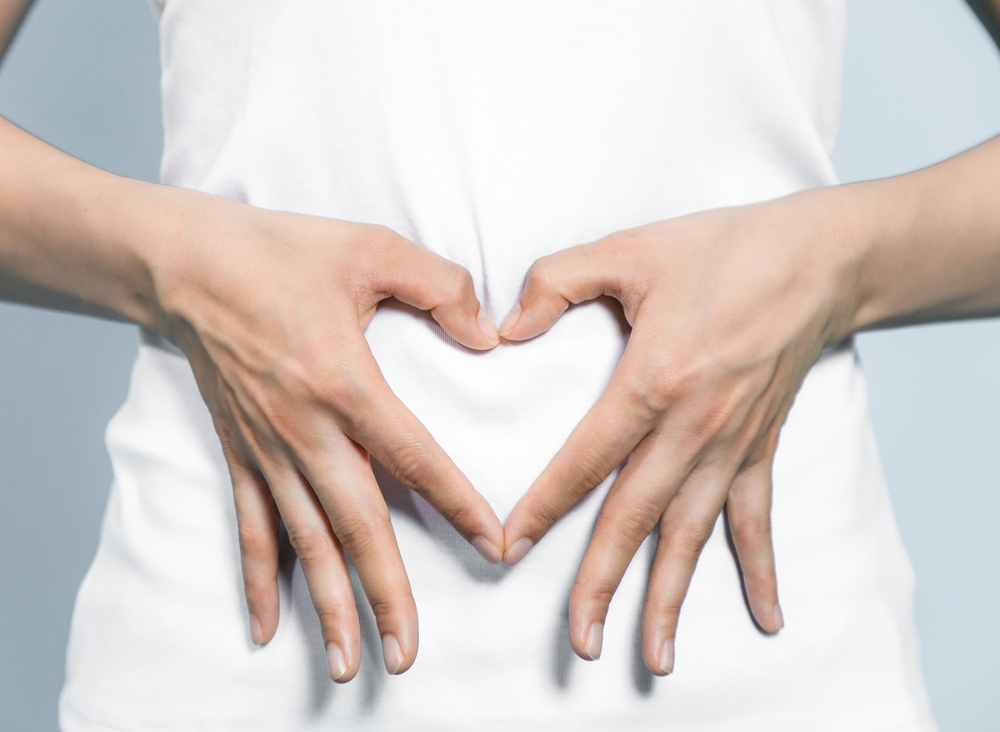Paleo News
Paleo For Gut Health
If you’ve heard of the Paleo diet, you already know that it’s pretty unique in the annals of fitness and weight loss programs. It’s one of the few strategies where counting calories is not as important as just making sure that you have the discipline to stick to only a range of “cave man” dietary choices, including no dairy, low salt, and sugar intake, and eating only what our ancestors could hunt, pick from bushes or pluck from trees.
But while this seems like a good way to lose weight, what is it actually doing to you? And how is it affecting your digestive system?
A Period Of Adjustment
One thing to keep in mind when you make the switch from a conventional 21st century diet to a Paleo diet is that there may be some “system shock” for your digestive system during the transition. For people with high vegetable diets already, this may not be all that severe. Others may experience some discomfort with diarrhea or other conditions kicking in during the early stages. A similar thing happens to pets when making the switch from commercial food to raw meat.
However, once the adjustment period is over, there are some real benefits to your digestive system for this more traditional diet. You’ll be removing many potential toxins and other unhealthy elements from your diet. You’ll also be introducing more antioxidants into your system, which is great for digestive help. Blueberries and raspberries, for example, are high in antioxidants and are definitely on the menu for someone sticking with a Paleo diet.
A Paleo diet can also help with “leaky gut,” which is a condition where grains, dairy, and sugary foods contribute to inefficient digestion and, ultimately a decrease in auto-immune efficiency. A Paleo diet restores your natural balance and can bring much more energy back into your life.

